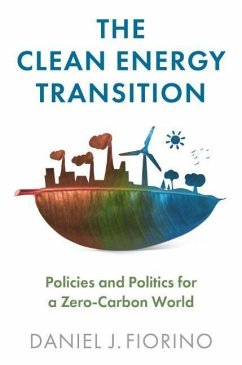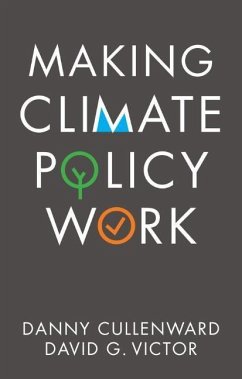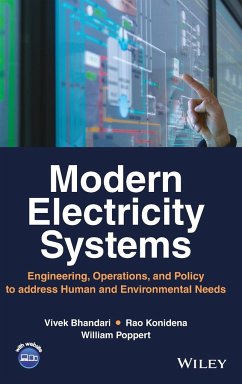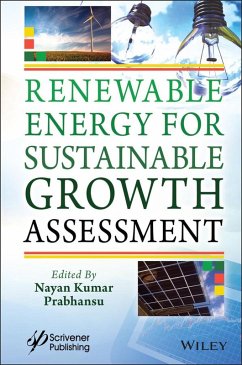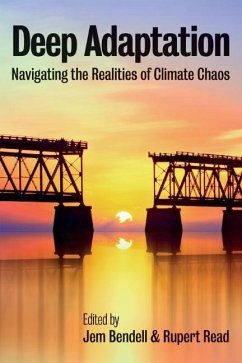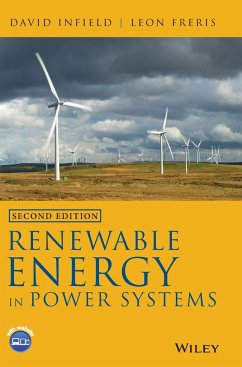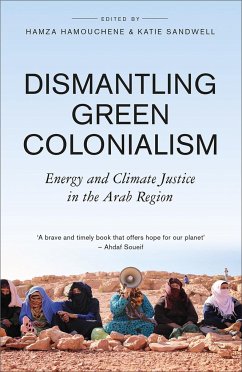Nicht lieferbar
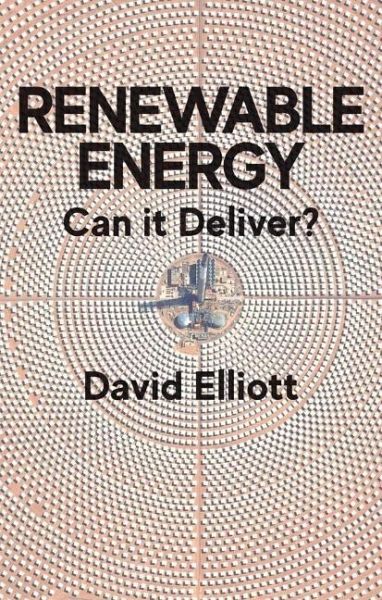
Renewable Energy
Can It Deliver?
Versandkostenfrei!
Nicht lieferbar
Weitere Ausgaben:
The use of renewables is spreading rapidly. Over a quarter of global electricity is already generated from solar, wind, hydro and biomass energy. With costs falling significantly, renewables are booming, helping to avoid the major climate change risks associated with fossil fuel use in power stations, homes and vehicles. But can we get rid of all of these dirty energy sources - and nuclear power, as well - and deliver 100% of our energy from renewables? Or are renewable energy systems inherently unreliable and expensive, given the need to deal with their variability?In this timely analysis, le...
The use of renewables is spreading rapidly. Over a quarter of global electricity is already generated from solar, wind, hydro and biomass energy. With costs falling significantly, renewables are booming, helping to avoid the major climate change risks associated with fossil fuel use in power stations, homes and vehicles. But can we get rid of all of these dirty energy sources - and nuclear power, as well - and deliver 100% of our energy from renewables? Or are renewable energy systems inherently unreliable and expensive, given the need to deal with their variability?
In this timely analysis, leading energy expert David Elliott tackles these issues head on and asks to what extent renewables can deliver a technologically and economically viable energy future. Exploring both the progress and problems of renewables against a backdrop of rising energy demand, he argues that, on balance, they do seem to be living up to their promises. With renewables rapidly expanding across the globe, and China now leading the pack, a renewable future could really be on the horizon.
In this timely analysis, leading energy expert David Elliott tackles these issues head on and asks to what extent renewables can deliver a technologically and economically viable energy future. Exploring both the progress and problems of renewables against a backdrop of rising energy demand, he argues that, on balance, they do seem to be living up to their promises. With renewables rapidly expanding across the globe, and China now leading the pack, a renewable future could really be on the horizon.




